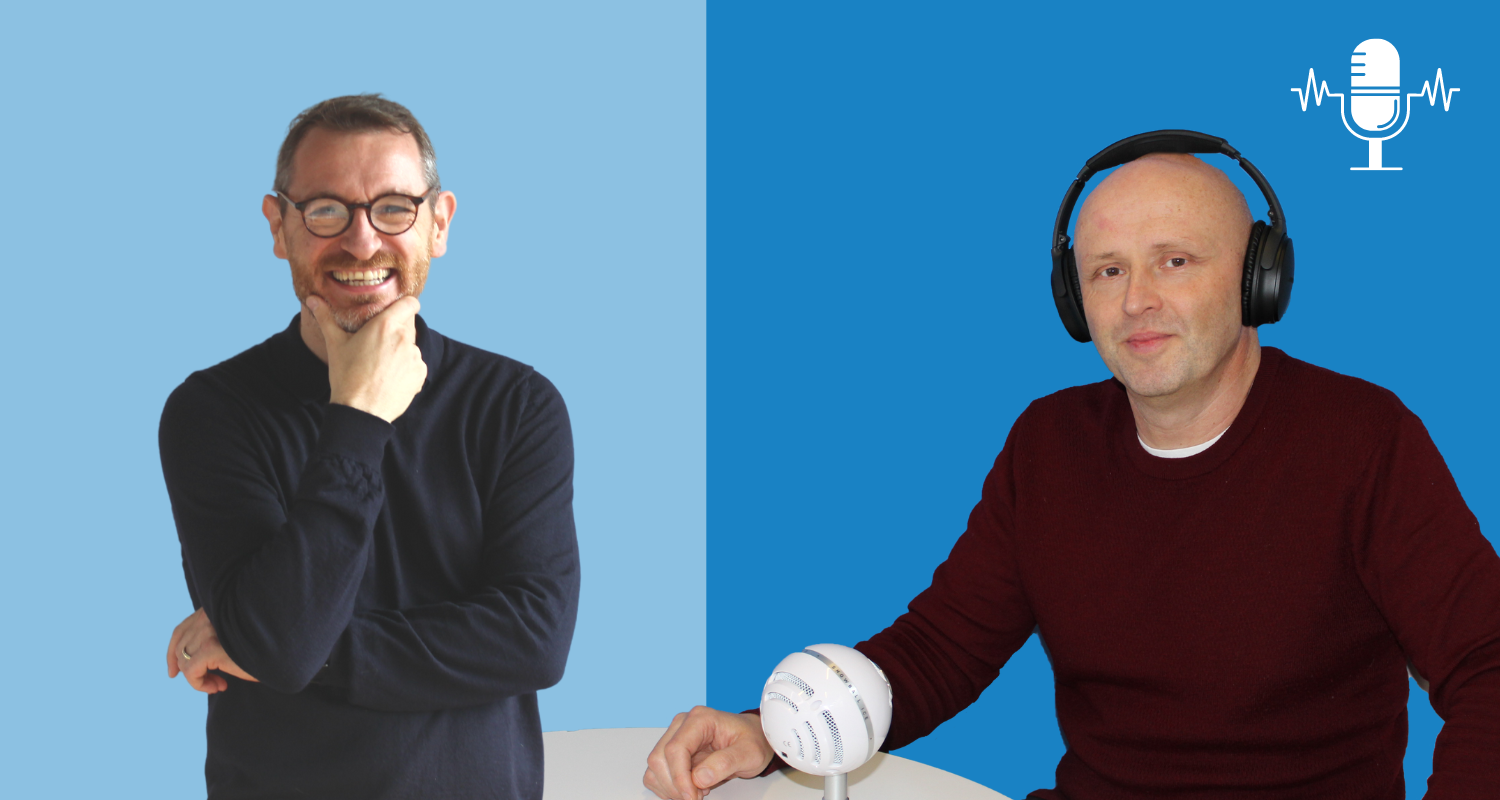Listen to this podversation with Scott Christie, Maximise your Adaptability Quotient using strengths.
The Strengths Guy, discusses the emerging idea of Adaptability Quotient with Scott Christie, Head of Training and Integration from Strengthscope. They will talk about what AQ is and how it can be developed. Plus, how you can develop AQ using strengths. There will also be some bonus material.
Hi, my name’s Dr. Paul Brewerton, the strengths guy, Doctor of Organisational Psychology and founder and Chair of Strengthscope. Today I have with me Scott Christie, Strengthscope’s Head of Training and Integration, which is a very exciting thing indeed as Scott and I have a lot of conversations and now we’re going to have one that we share with you, so welcome to the podcast, Scott.
Today’s podcast I know has the potential to be super wide-ranging as you’re a true, genuine strengths advocate and user and we could talk about all sorts of different topics that are strengths-related. But what I’d like to hone in on if we could is the emerging idea of Adaptability Quotient – how this can be developed and in particular, how this can be developed using our strengths. Plus I’d like to touch on a couple of bonus topics for added pizazz if there’s time; and if there isn’t, we can definitely schedule another conversation for not too long from now. You up?
Before we get to that, I know you’re a listener to the podcast (and that’s not because it’s actually contractual lol). I also know that you like to listen to it at 1.5x speed. And I already tend to think of myself as quite a fast talker…on the podcast anyway. So tell me about that particular preference of yours if you will. Is it simply a matter of trying to pack as much learning and personal development into each day as efficiently as possible, or is there something more here?
Now as you’ll know, I often ask my fellow strengths conversationalists to give a bit of a potted life story as it can really ground the conversation and provide context for their point of view and for the topics we go on to discuss.









